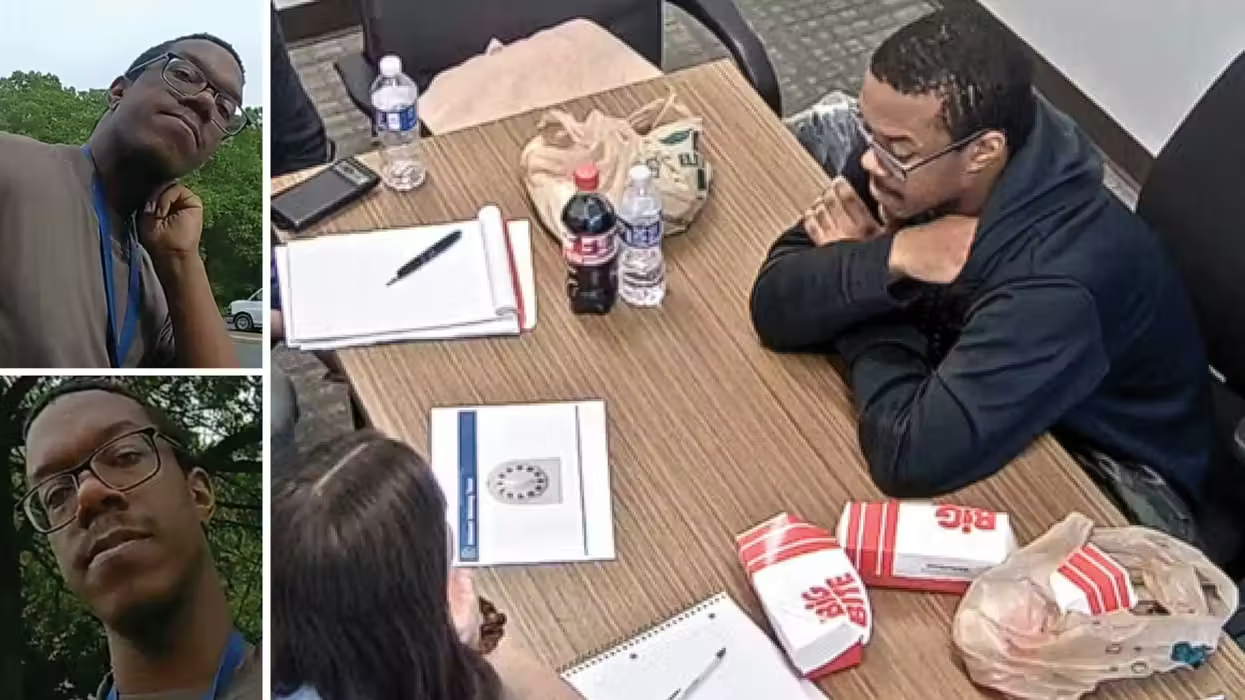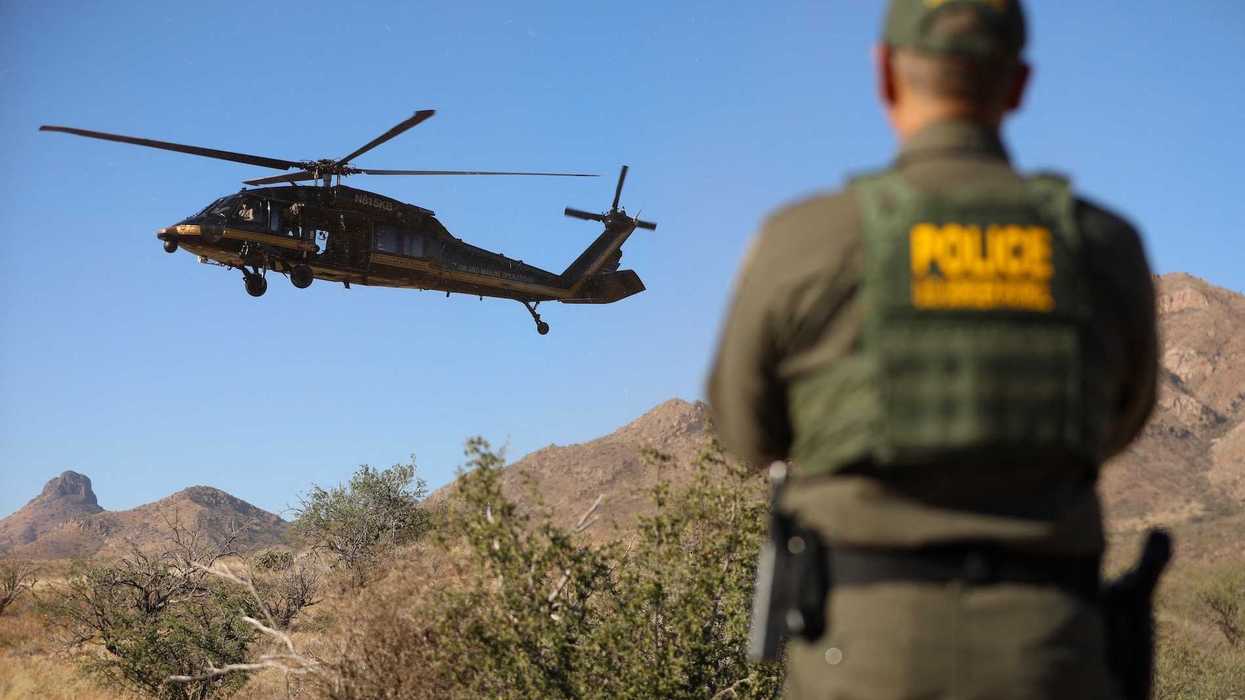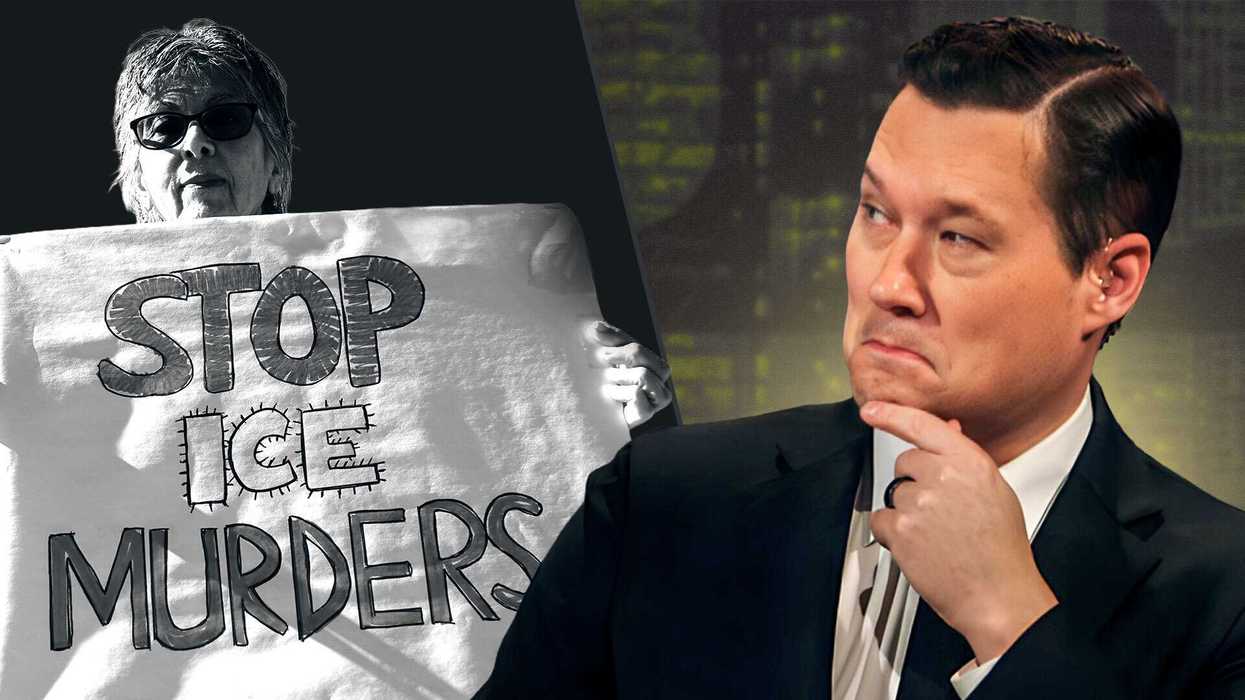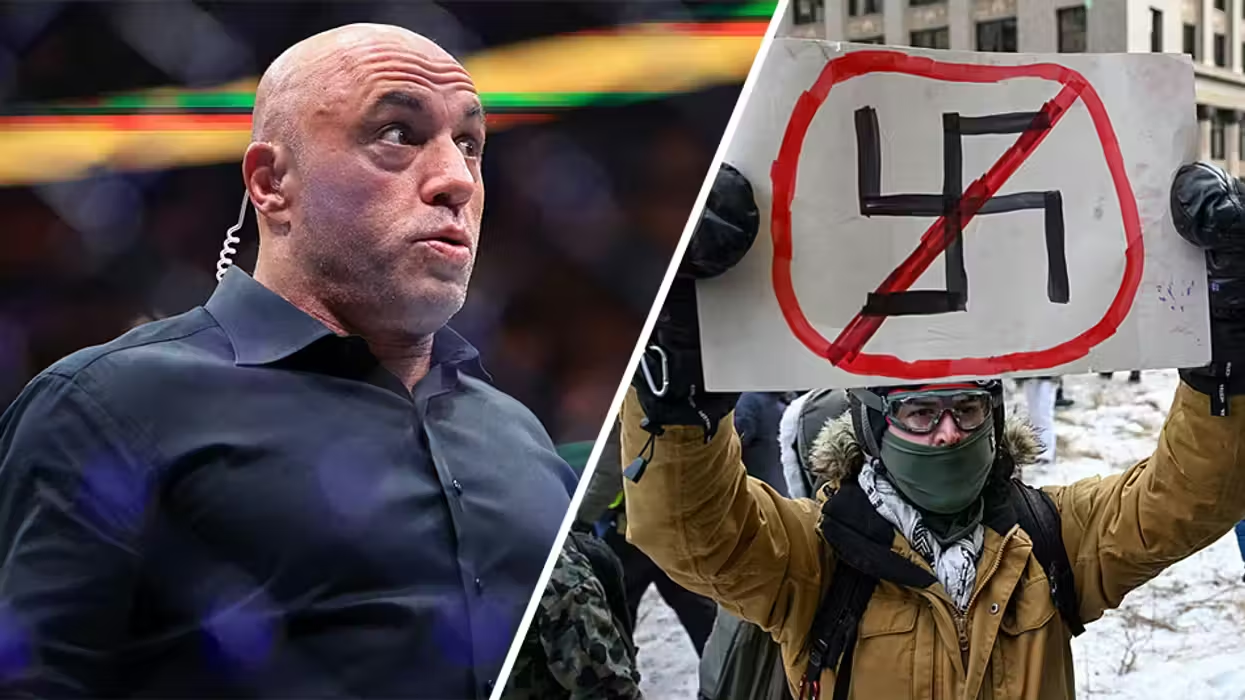
© 2026 Blaze Media LLC. All rights reserved.
Just months after the U.S.-led invasion of Iraq in 2003, when the situation there was devolving into a guerrilla conflict, America’s military leaders urgently searched for guidance in fighting an Arab insurgency. Many, including General David Petraeus, pored over the writings of a British colonel from the early twentieth century, T. E. Lawrence (better known as “Lawrence of Arabia”). But a more profitable use of their time might have been reading the war journal of America’s greatest combat general, George S. Patton Jr.

Patton’s fame is built mainly on his leadership of the Third Army as it slashed its way across Europe late in World War II, but his amphibious invasion of Morocco and Algeria in November 1942, “Operation Torch,” is rich in lessons for the U.S. today. Although he eventually earned a reputation as politically incorrect, brittle and insensitive in his North Africa campaign, Patton exhibited the skills of a diplomat; demonstrating an appreciation for Arab culture and a knowledge of Islam.
During the two-week voyage across the Atlantic, while his hundred-ship convoy zig-zagged to avoid enemy U-boats, Patton read the Koran, which he described in his war journal as “a good book and interesting.”
After the invasion, when Patton’s forces fought for Casablanca, he wrote to the sultan of Morocco assuring him that the Americans did not come as conquerors but only to defeat the Nazis. On “his word of Honor,” Patton pledged that when the enemy had been driven off, he and his soldiers would leave Morocco forever.
Once the Vichy French had been defeated, Patton summoned their commanders to a meeting. An American aide read the stiff terms of surrender which Patton had been given from Washington, requiring that the Vichy forces effectively disband and turn over all internal security to the Americans. The French general Charles Nogues bluntly predicted that the Americans would come to regret such a move.
Patton immediately appreciated Nogues’ point that attempting to govern a restive native population of seven million Arabs and Berbers, while continuing to conduct a military mission with a force of only 35,000 men, would be impossible.
Patton did not wait for instructions from his superiors. He stood up before the French officers, picked up the surrender treaty and tore it into small strips. “If each of you … gives me his word of honor that there will be no further firing on American troops and ships, you may retain your arms and carry on as before—but under my orders.” The French dutifully agreed, and internal order was maintained. The Coation Provisional Authority in Iraq ignored this lesson. Its second order was to disband the Iraqi army, which almost certainly fueled an insurgency that turned the invasion’s initial success into a desperate conflict.
When Patton met with the sultan, the monarch told him that since the Americans “were in Mohammedan country, he hoped the American soldier would show proper respect for Mohammedan institutions.” Patton informed the sultan that he had already given such an order in forceful language prior to his departure from the United States and that he would enforce it. Patton asked that the sultan report “any incidents of sacrilege which some individual soldier might commit.”
When a representative of the monarch asked for Patton’s assistance in maintaining peace, Patton, prone to exaggeration, replied with a straight face that “since my earliest infancy my whole idea had been to maintain peace in French Morocco.” Knowing the vital importance of local intelligence, Patton then requested that the sultan inform him of any potentially rebellious elements. The monarch’s agent promised to tell Patton of any acts by “miscreants” and “certain natives … miscalled Arabs” who might cause any trouble.
Patton was also sensitive to the corrosive effects of civilian casualties, a lesson that would be painfully relearned decades later in Afghanistan. When dozens of Arabs were killed and wounded by an errant bombing strike, Patton quickly wrote a letter of sympathy to the pasha of Marakkesh, even though the bombs were dropped from a Nazi plane. He also learned of a local method of fighting between Arabs and Berbers. The Arabs would refuse to give fight except from buildings, making them very difficult to kill. The Berbers responded by sneaking up to the defended homes at night and planting improvised bombs.
Patton’s sensitivity was rewarded a hundred fold. He was decorated as a hero and invited to participate in royal hunting parties. He was also treated to feasts held in his honor, where he adeptly ate using only three fingers of his right hand, as the local culture dictated. Showered with presents, Patton learned to be careful never to indicate that he admired an article of clothing or an antique since its owner would feel obliged to present it to him as a gift.
In a ceremony at the royal palace the sultan informed Patton that his “gracious presence would have a profound and salutary influence on the entire Moslem world.” In Rabat, at a parade in his honor, he was cheered by a hundred thousand people shouting “Vive l’Amerique!” “Perhaps I should have been a statesman,” Patton wrote to his wife.
Patton collected his observations on the local population in a personal essay he titled “Notes on the Arab.” He described a people with a wonderful sense of humor and a propensity for gossip, estimating that rumors could travel forty to sixty miles in a day. He mused on the causes of the region’s arrested economic development and deplored the treatment of women. He observed local customs, dress, and agricultural practices.
Patton’s conduct during his North African campaign offers an important correction to the one-dimensional caricature of a hard driving and profane general. And his leadership during Operation Torch also could have provided valuable lessons into the conduct of military operations in that perplexing region—lessons that future American generals seem to have learned only after years of painful combat and sacrifice.
Michael Keane is the author of Patton: Blood, Guts, and Prayer
Want to leave a tip?
We answer to you. Help keep our content free of advertisers and big tech censorship by leaving a tip today.
Want to join the conversation?
Already a subscriber?
more stories
Sign up for the Blaze newsletter
By signing up, you agree to our Privacy Policy and Terms of Use, and agree to receive content that may sometimes include advertisements. You may opt out at any time.
Related Content
© 2026 Blaze Media LLC. All rights reserved.
Get the stories that matter most delivered directly to your inbox.
By signing up, you agree to our Privacy Policy and Terms of Use, and agree to receive content that may sometimes include advertisements. You may opt out at any time.






